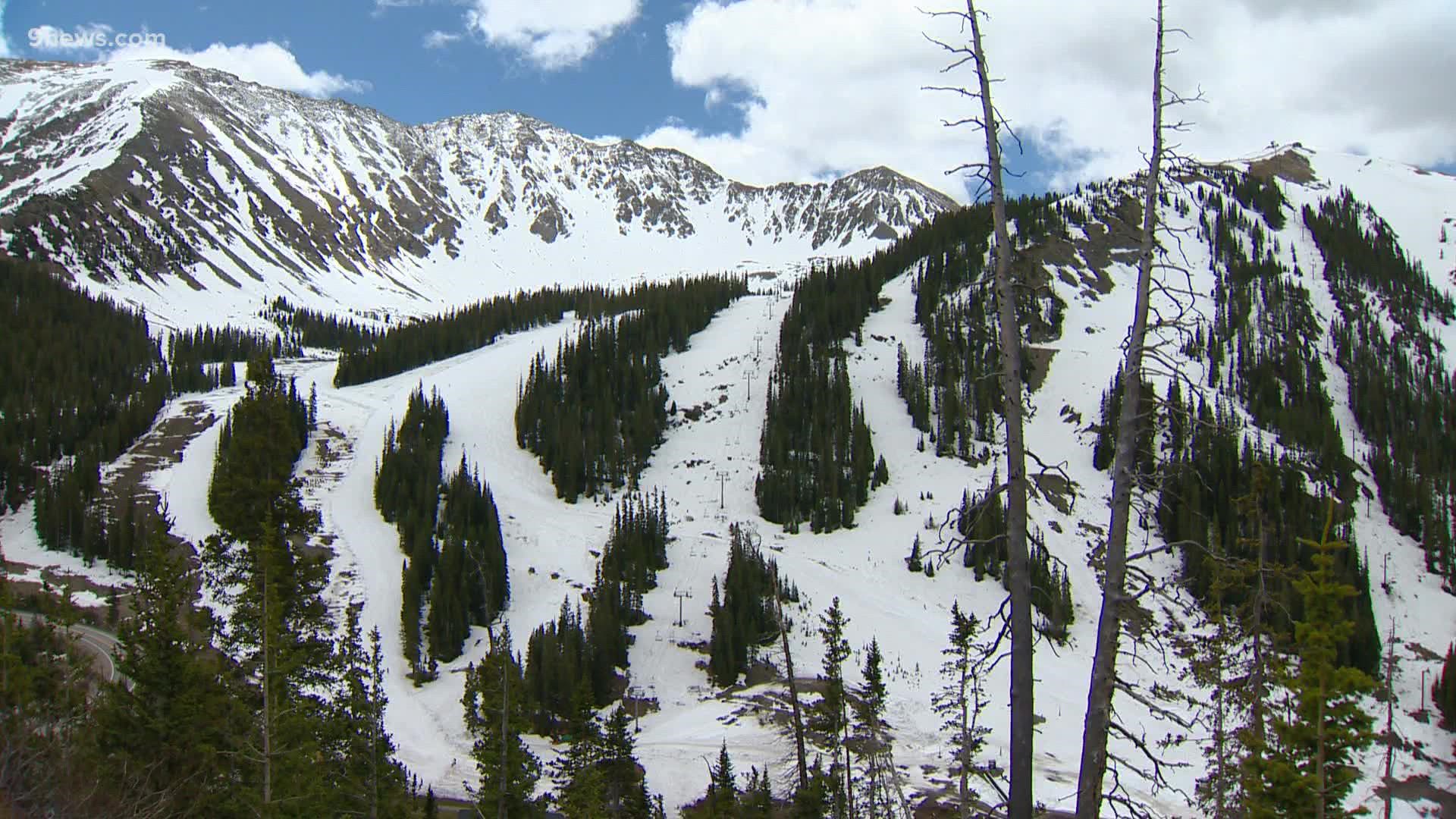BOULDER, Colo. — On a Colorado Mountain at 12,000 feet, scientists from the University of Colorado Boulder (CU) have been taking air samples for decades. Niwot Ridge is where climate change is monitored, thru CO2 measurements. The levels have been going up a lot, and since CO2 and other greenhouse gasses warm the earth, that's not good news.
Scientists in Boulder with the National Center for Atmospheric Research (NCAR), use data like this to predict what might happen to the outdoor sports industry in the future. "The challenges that we have are potentially disastrous, unless we plan for them," NCAR scientist Dave Gochis said. According to Gochis, warming will most likely result in faster snow melt, less snowfall, more rain on snow, potentially shorter ski seasons and less snowpack at lower elevations.
The planning is well underway. More powerful snow making and automated grooming may help get snow on the the slopes sooner, and keep it there longer. But according to Adrienne Isaac, of the National Ski Areas Association (NSAA), the real focus is on slowing or reversing climate change before it's too late. "We have to stay focused on the bigger picture, which is lowering carbon emissions and really listening to the science and responding to the urgency in it." Isaac said many resorts are involved in a sustainable slopes program, working toward renewable energy, zero net operating footprints, and new technologies.
Resorts are also investing in their warm weather programs, like mountain biking, to try and diversify income streams. But she says it's going to be up to everyone to fight climate change and vote for lawmakers who will too, if they want to keep enjoying outdoor sports in the future.
SUGGESTED VIDEOS: Latest from 9NEWS

